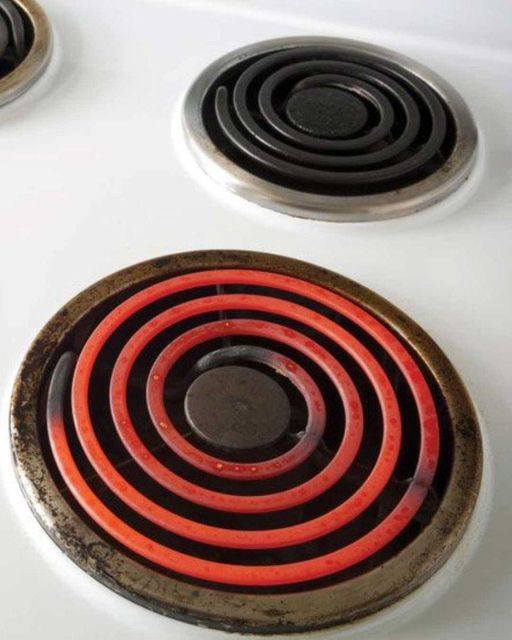ADVERTISEMENT
What’s Better for Cooking: Gas or Electric?
The debate over whether gas or electric stoves are better for cooking has been ongoing for decades, with passionate arguments on both sides. Each type of stove has its unique set of advantages and disadvantages, and the choice between the two often boils down to personal preference, cooking style, and even the type of dishes one frequently prepares. Let’s delve into the pros and cons of each to help you make an informed decision.
The Case for Gas Stoves
1. Instant Heat Control:
One of the primary reasons many chefs and home cooks prefer gas stoves is the immediate control over heat. With a gas stove, you can see the flame and adjust it in real time, giving you instant feedback on the amount of heat being applied. This can be particularly beneficial for tasks like searing, stir-frying, or simmering sauces, where precise temperature control is crucial.
2. Even Heat Distribution:
Gas burners distribute heat more evenly across the bottom of pots and pans. This even distribution can be especially helpful when cooking delicate dishes like custards or sauces that require consistent heat to avoid burning or curdling. Additionally, because gas flames heat both the bottom and the sides of cookware, they can be more efficient for tasks that require high heat.
3. Versatility with Cookware:
Gas stoves are compatible with all types of cookware, including cast iron, stainless steel, and copper. There’s no need to worry about special requirements like induction-compatible pans, which is a consideration for some electric stoves. The versatility of a gas stove allows cooks to use a wide range of pots and pans without concern.
4. Continued Functionality During Power Outages:
In areas prone to power outages, gas stoves have a distinct advantage. Since they rely on natural gas or propane rather than electricity, they can still function when the power goes out, provided you have a manual ignition method. This can be a lifesaver during storms or other emergencies.
5. Aesthetic and Ambiance:
For many, the sight and sound of a gas flame bring a certain ambiance to the kitchen, creating a feeling of warmth and traditional cooking. The visual cue of the flame also provides an intuitive understanding of the heat level, which many cooks find comforting and easy to work with.
The Case for Electric Stoves
1. Energy Efficiency:
Electric stoves, especially induction models, are generally more energy-efficient than their gas counterparts. Induction stoves, in particular, use electromagnetic energy to directly heat the cookware, meaning there’s very little energy wasted. This efficiency can result in lower utility bills and a smaller carbon footprint over time.
2. Cleaner and Safer Cooking Environment:
Electric stoves eliminate the open flame, reducing the risk of burns and kitchen fires. This can be particularly important in homes with young children or pets. Moreover, electric stoves don’t emit combustion gases like carbon monoxide or nitrogen dioxide, contributing to better indoor air quality.
3. Consistent Surface Temperature:
One of the advantages of electric stoves is the consistent surface temperature they provide. This is especially true for ceramic or glass cooktops, which offer a flat, smooth surface. These cooktops distribute heat evenly across the entire cooking surface, which can be ideal for slow cooking or keeping food warm.
Continued on next page
ADVERTISEMENT
